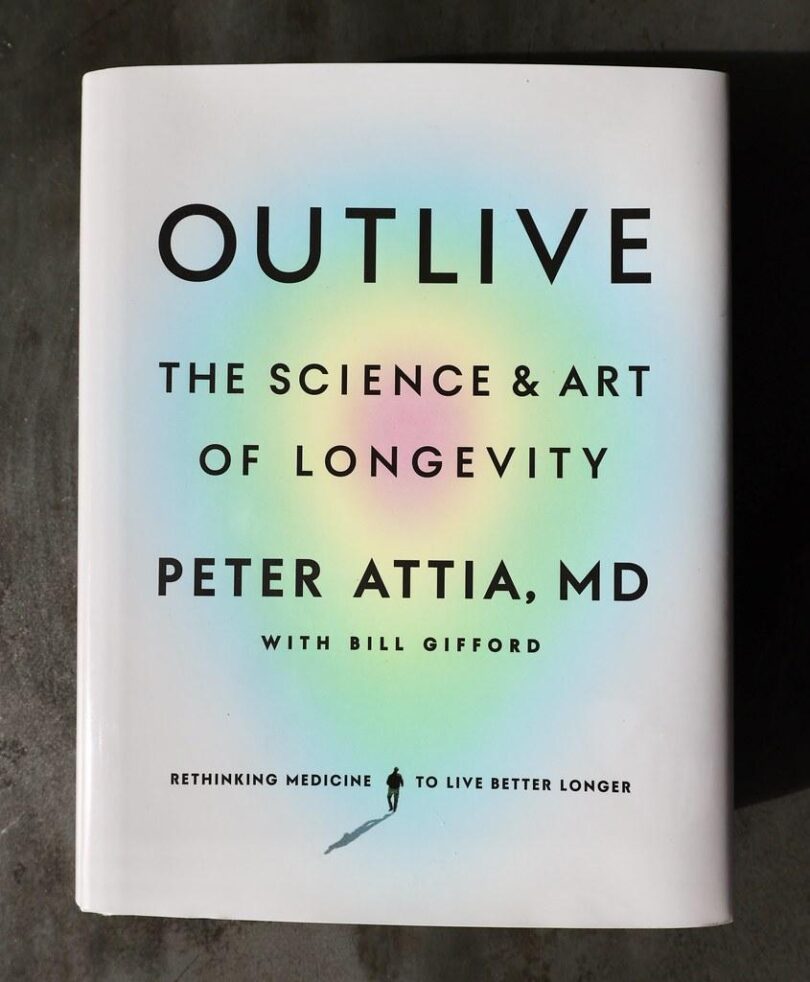Many of us struggle to get a good night’s sleep, but what does science have to say about it? In this article, we will take a critical look at the science of sleep, examining the latest research and exploring common misconceptions. From the importance of sleep to the effects of sleep deprivation, we will delve into the science behind our nightly rest and uncover the truths and myths surrounding this vital aspect of our health and well-being.
1. Understanding the Biological Necessity of Sleep
Sleep is not just a luxury; it is a fundamental biological necessity that our bodies require to function optimally. During sleep, our bodies undergo crucial processes that promote physical and mental health. Some of these vital functions include:
- Restoration: Repairing damaged cells and tissues.
- Memory consolidation: Strengthening cognitive functions and learning.
- Immune system support: Enhancing our body’s ability to fight off infections.
Understanding the biological basis of sleep sheds light on its essential role in our overall well-being. Without adequate sleep, our bodies cannot perform these essential functions properly, leading to various health issues and decreased quality of life. By prioritizing quality sleep, we can support our bodies in maintaining optimal function and overall health.
2. Decoding the Connection Between Sleep and Overall Health
Poor sleep quality can have severe consequences on overall health. Research has shown that lack of sleep is linked to a variety of health issues, including obesity, heart disease, and a weakened immune system. Additionally, poor sleep can negatively impact mental health, leading to increased stress, anxiety, and depression.
Inadequate sleep can disrupt the body’s natural processes, such as hormone regulation and immune function, which can have long-term effects on health. It is crucial to prioritize sleep as an essential component of overall wellbeing. Implementing science-backed strategies, such as maintaining a consistent sleep schedule, creating a relaxing bedtime routine, and ensuring a comfortable sleep environment, can significantly improve sleep efficiency and quality.
By understanding the intricate connection between sleep and overall health, individuals can make informed decisions to prioritize their sleep and improve their overall wellbeing. Remember, quality sleep is not a luxury but a biological necessity for optimal health and wellness.
3. Sleep Disorders: Consequences on Physical, Mental and Emotional Wellbeing
One of the most critical aspects of understanding the consequences of sleep disorders is recognizing their impact on physical, mental, and emotional wellbeing. Sleep disorders such as insomnia, sleep apnea, and restless leg syndrome can have profound effects on our overall health. Physically, lack of quality sleep can weaken the immune system, increase the risk of chronic diseases, and impair cognitive function. Mentally, sleep disorders can lead to mood disturbances, memory problems, and decreased concentration. Emotionally, individuals suffering from sleep disorders often experience increased stress, anxiety, and irritability.
It is imperative to address sleep disorders promptly to prevent further deterioration in health and wellbeing. Treatment options include lifestyle modifications, cognitive-behavioral therapy, and medications. By acknowledging the serious implications of sleep disorders on physical, mental, and emotional health, individuals can take proactive steps to improve their sleep quality and overall quality of life. Taking proactive measures to address sleep disorders can significantly improve one’s quality of life and overall wellbeing.
4. Contemporary Sleep Trends: How Modern Lifestyle Impacts Sleep Quality
In today’s fast-paced world, the impact of modern lifestyle on sleep quality cannot be ignored. With the prevalence of technology, social media, and demanding work schedules, many individuals find it difficult to achieve a good night’s rest. The constant stimulation from electronic devices and the pressures of everyday life can disrupt our circadian rhythms and make it challenging to fall and stay asleep.
Contemporary Sleep Trends: As society becomes more connected and technologically reliant, the boundaries between work and personal life blur, making it harder to unwind and relax before bedtime. Late-night scrolling through social media feeds, binge-watching TV shows, and responding to work emails can all contribute to poor sleep quality.
Effects on Sleep Quality: The blue light emitted from screens suppresses the production of melatonin, the hormone responsible for regulating sleep-wake cycles. Additionally, the stress and anxiety induced by constant connectivity can lead to sleep disturbances and insomnia. It is crucial to recognize these modern lifestyle factors that impact our sleep quality and take proactive steps to improve our sleep habits for overall well-being.
5. Adopting Science-Backed Strategies for Improving Sleep Efficiency
In the quest for better sleep efficiency, it is paramount to turn to science-backed strategies. These methods have been rigorously researched and proven to aid in achieving a more restful night’s sleep. By incorporating these evidence-based practices into your bedtime routine, you can optimize your sleep quality and quantity.
Some science-backed strategies for improving sleep efficiency include creating a consistent sleep schedule, establishing a relaxing bedtime routine, and creating a comfortable sleep environment. Additionally, limiting screen time before bed, avoiding caffeine and heavy meals close to bedtime, and engaging in regular physical activity can also contribute to better sleep quality. By adopting these proven techniques, you can enhance your overall sleep efficiency and wake up feeling more refreshed and rejuvenated each morning.
Closing Remarks
In conclusion, the science of sleep is a complex and critical area of study that continues to reveal new insights into our overall health and well-being. While many theories and hypotheses exist, further research is necessary to fully understand the intricate mechanisms that govern our sleep patterns and cycles. It is imperative that we continue to delve into the science of sleep to unlock its secrets and improve our quality of life.
References:
- Walker, Matthew. Why We Sleep: Unlocking the Power of Sleep and Dreams. Simon & Schuster, 2017.
- Rasch, Björn, and Jan Born. “About sleep’s role in memory.” Physiological Reviews 93.2 (2013): 681-766.
- Adams, Robert S., and Ara J. Schmitt. “Sleep problems in college students: a descriptive study of prevalence, consequences, and associated factors.” Behavioral Medicine 40.2 (2014): 85-93.








Leave a Comment